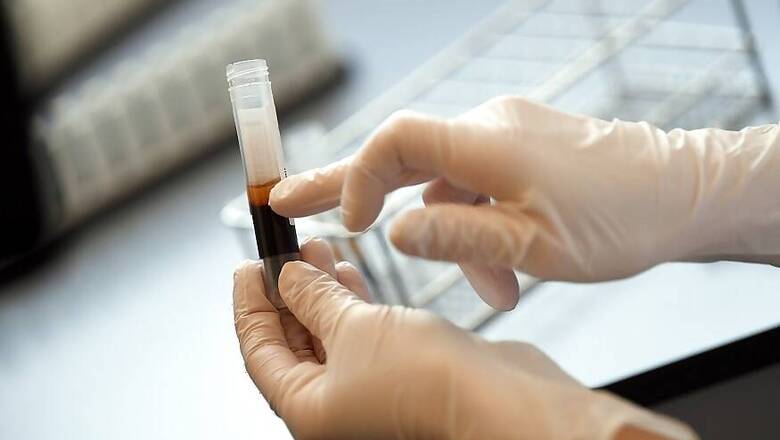
views
Germany could only allow coronavirus antibody tests to help determine how freely people can move once it has advice from its ethics council, Health Minister Jens Spahn said, after securing millions of the tests from Swiss drugmaker Roche.
Germany on Monday announced a deal with Roche to get 3 million of the blood tests in May and 5 million monthly thereafter.
Roche's assays won approval over the weekend from the U.S. Food and Drug Administration and the company plans to boost production to more than 100 million each month by the end of 2020. The presence of antibodies detected by such blood tests may indicate whether a person has been infected with the new coronavirus and may have developed some immunity. That, in theory, could entitle the individual to move more freely than those tested negative until a vaccine is developed.
Although there are some 115 vaccine projects, success could be many months away. With some also pressing for "immunity passports" to help countries restart their economies and get people back to work, Spahn said his coalition government had asked the German Ethics Council to consider how such a programme could fulfil its aims while respecting people's rights.
"The question of what it means for society when some people are hit by restrictions and others are not, that touches on the foundations of how society functions together," Spahn said at an event at a Roche plant in Penzberg in Bavaria.
While those tested positive for antibodies may question why their movements are restricted, Spahn said, others could inappropriately seek to infect themselves, should immunity passports promise enhanced freedoms.
"That's why I've asked the German Ethics Council to deal with this," he added. "Until that is cleared up, we've agreed not to undertake any legal regulations."
Immunity Questions
The ethics council is an independent body that advises the government on issues of ethics, science and society. Chile is among other countries seeking to use such antibody-based health passports to re-open, though questions also remain over whether antibodies really confer immunity.
The World Health Organization last month urged caution, saying there was so far no scientific evidence that people with antibodies were protected from a second infection.
Roche Chairman Christoph Franz announced at the event with Spahn that the Basel-based company will invest 420 million euros ($459 million) in the Penzberg site, including boosting antibody test production and a four-year plan to create a new diagnostics research and development center.
















Comments
0 comment